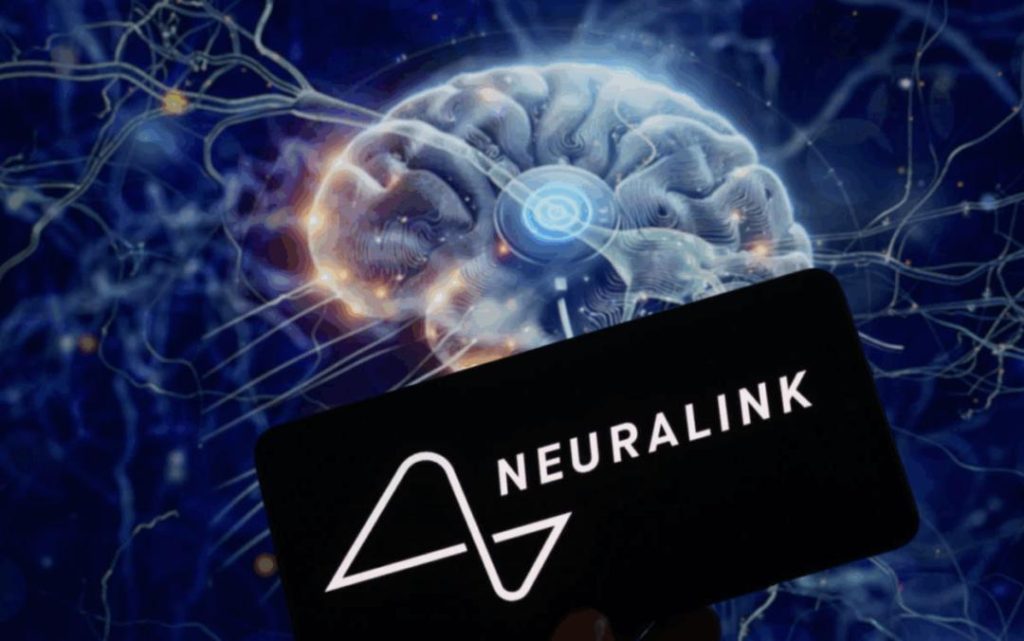
Elon Musk’s Neuralink to Begin Human Trials for Vision Implant
In a groundbreaking development, Elon Musk’s neurotechnology startup, Neuralink, has announced that it will begin human trials within the next 6-12 months for its brain implant aimed at restoring vision, even for those who are fully blind. The device, which has already been tested on animals, has the potential to evolve into “superhuman” sight, allowing individuals to perceive the world in ways that were previously unimaginable.
The implant, which is a small chip placed in the brain, uses a technique called optogenetics to restore vision by stimulating the retina with light. This technology has the potential to revolutionize the lives of millions of people around the world who are suffering from vision loss and blindness.
According to Musk, the goal of Neuralink is to eventually develop a device that can be implanted in the human brain, allowing individuals to control technology with their thoughts. However, the company’s immediate focus is on developing a device that can restore vision, and it is making rapid progress towards achieving this goal.
In an interview with Bloomberg, Musk stated that the company is on track to begin human trials within the next 6-12 months, and that the device is already showing promising results in animal testing. “We’re making good progress,” Musk said. “We’ve got a lot of work to do, but we’re on track to get this done.”
The device, which is still in its early stages, has the potential to offer a range of benefits, including the ability to see in low-light conditions, perceive UV and infrared light, and even see in multiple spectrums at once. This could potentially revolutionize the way that people interact with the world, and could have significant implications for a wide range of industries, from healthcare to entertainment.
However, as with any new technology, there are also potential challenges and risks associated with Neuralink’s vision-restoring implant. One of the main concerns is the potential for the device to be hacked or compromised, which could have serious consequences for the individual who has the implant.
Additionally, there are also ethical concerns surrounding the use of this technology. For example, some people may be concerned about the potential for the device to be used to control or manipulate individuals’ thoughts and actions. Others may be concerned about the potential for the device to be used to discriminate against individuals who are unable to afford it.
Despite these challenges and concerns, Neuralink is pushing forward with its plans to begin human trials, and the company is confident that it can overcome any obstacles that it may face. In an interview with CNBC, Musk stated that he is “very confident” that the company will be able to overcome any regulatory and ethical hurdles that it may face.
“We’re going to make sure that we’re doing everything we can to make this technology safe and responsible,” Musk said. “We’re going to work closely with regulators and ethicists to make sure that we’re meeting all of the necessary standards and guidelines.”
As Neuralink moves forward with its plans to begin human trials, it will be important for regulators, ethicists, and the public to carefully consider the potential benefits and risks associated with this technology. While the potential benefits of the device are significant, it is also important to ensure that the technology is developed and implemented in a responsible and ethical manner.
In conclusion, Neuralink’s vision-restoring implant has the potential to revolutionize the way that people interact with the world, and could have significant implications for a wide range of industries. However, as with any new technology, there are also potential challenges and risks associated with its development and implementation. As Neuralink moves forward with its plans to begin human trials, it will be important for regulators, ethicists, and the public to carefully consider the potential benefits and risks associated with this technology.






